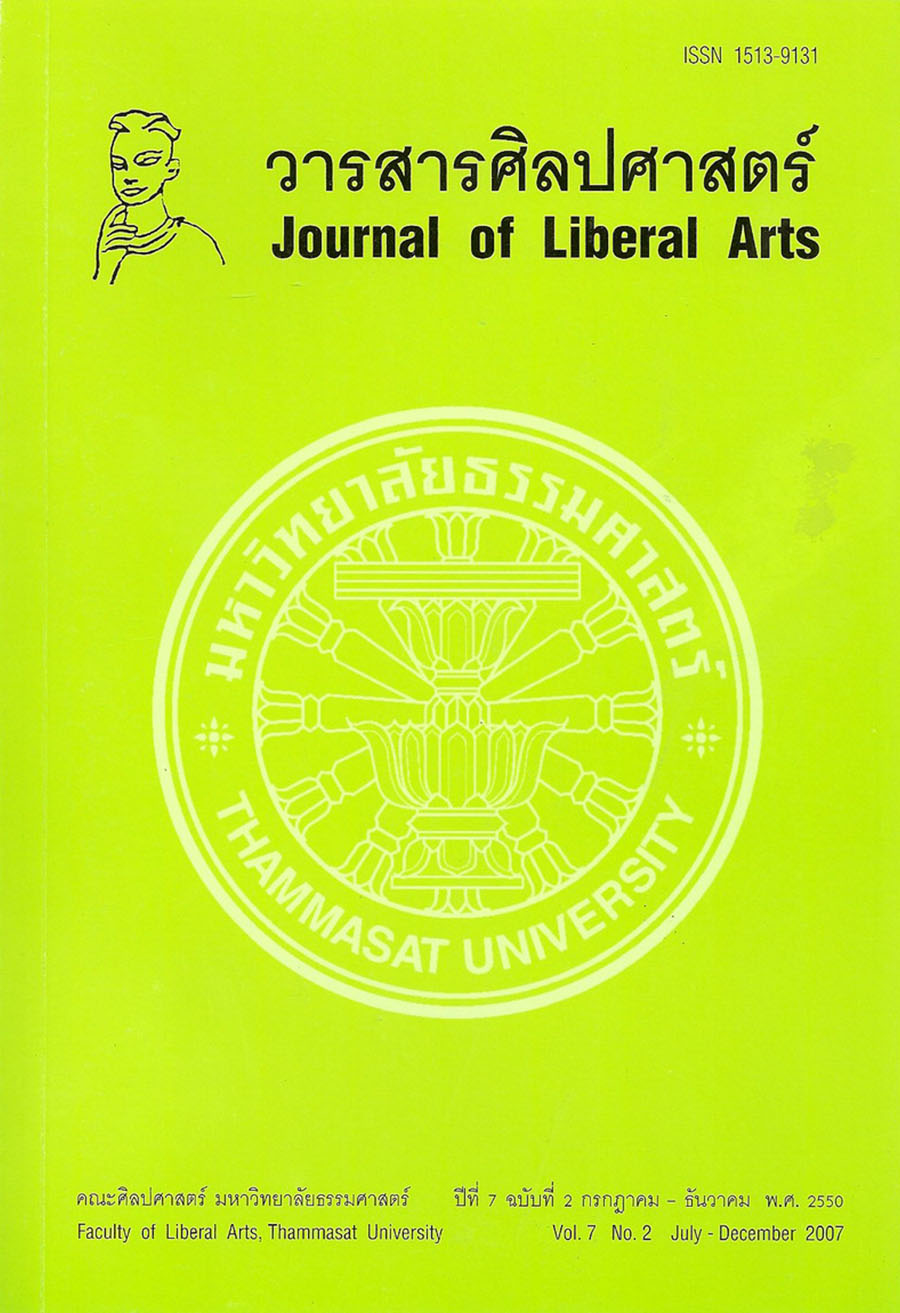แรงจูงใจในทัศนะทางพุทธศาสนา
Main Article Content
บทคัดย่อ
บทความนี้มีวัตถุประสงค์ในการศึกษาแรงจูงใจในทางพุทธศาสนาเพื่อต้องการหาคำตอบเกี่ยวกับลักษณะและกระบวนการเกิดขึ้นของแรงจูงใจ แรงจูงใจหมายถึงความต้องการหรือความอยาก สามารถที่จะแบ่งออกได้เป็น 2 ฝ่ายตามองค์ประกอบของการเกิด ถ้าเกิดขึ้นจากความต้องการที่มีฐานมาจากอกุศลมูล 3 อย่าง คือ ความโลภ ความโกรธและความหลง ถือว่าเป็นแรงจูงใจฝ่ายไม่ดี คือ ตัณหา แต่ถ้าเกิดขึ้นจากความต้องการที่มีฐานมาจากกุศลมูล 3 อย่าง คือไม่โลภ ความไม่โกรธและความไม่หลง ถือว่าเป็นแรงจูงใจฝ่ายดี คือ ฉันทะ แรงจูงใจฝ่ายไม่ดีมักเกิดขึ้นได้อยู่เสมอกับมนุษย์ เพราะธรรมชาติของมนุษย์ถูกครอบงำด้วยความอยากโดยเฉพาะอยากได้ อยากมี อยากเป็น ความยินดีพอใจในสิ่งที่ตนมีหรือในสิ่งที่คนหามาได้ตามกำลังความสามารถจึงจะช่วยให้ความอยากด้านนี้ลดลง ส่วนแรงจูงใจฝ่ายดีคือฉันทะต้องสร้างให้เกิดมีขึ้น ซึ่งควรจะเริ่มจาก 2 ส่วนด้วยกัน คือ เริ่มจากกระบวนการภายนอก ได้แก่ อยู่ในสิ่งแวดล้อมที่ดีอันจะทำให้ได้พบคนดีมีความรู้ที่จะได้ช่วยแนะนำในทางที่ดีและกระบวนการภายใน คือ การคิดอย่างถูกวิธี ที่เป็นโยนิโสมนสิการ ซึ่งจะช่วยให้เกิดการกระทำในทางที่ถูกที่ควร ในทัศนะทางพุทธศาสนาเห็นว่า การคิดหรือจิตใจเป็นต้นเหตุของพฤติกรรมทั้งหมดของมนุษย์ พฤติกรรมจะดีหรือไม่ดีขึ้นอยู่กับการคิดก่อนกระทำ แรงจูงใจซึ่งเป็นเรื่องทางจิตใจจึงมีส่วนต่อพฤติกรรมของมนุษย์เป็นอย่างมาก
This article aims to study man’s motivation from the Buddhist perspective, especially the emerging process of motivation. The definition of “motivation” is craving or desire, which can be classified in accordance with its emergence. If it emerges from a desire based on unwholesome roots, which are greed, hatred and ignorance, it is a dark motivation or Tanha. However, if it emerges from a desire based on wholesome roots, which are non-greed, non-hatred and non-ignorance, it is a good motivation or Chanda. It human beings tend to develop dark motivations because man’s desires are mostly unwholesome and insatiable. To be satisfied with what one has or what one has duely eatned can help reduce Tanha. On the other hand, good motivation or Chanda should be developed. One may start from either the outside and the inside. The outside here means to live in a suitable environment, which may provide an opportunity to be among morally good and wise people who can give good guidance. The inside means to develop right thinking or yonisomanasikara. Buddhism emphasizes the mind or thought the root of all human behaviors. Undoubtedly, motivation plays a major role on human behaviors.

